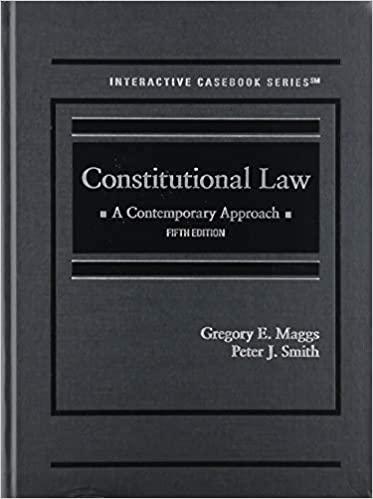Question
When Customary Meets Commerce: Excavating the Value of Communal Trust to Rebuild Commercial Law Lawyers and jurists almost instinctively place African customary laws under the
When Customary Meets Commerce: Excavating the Value of Communal Trust to Rebuild Commercial Law
Lawyers and jurists almost instinctively place African customary laws under the category of public law or private law. As a consequence, only a handful researched the role of customary laws in governing commercial law. A few jurists go as far as arguing that customary laws undermine development. For example, they claim that customary laws impede capital formation (hence economic growth) by failing to clearly define women's rights. These legal scholars have not yet dwelt on how customary laws regulate commercial law, the field of law that concerns itself with profit-motivated activities. In fact, questions about the relevance of customary laws for commerce sometimes translate ideas and beliefs that customary laws have remained primitive or at odds with human rights.
Most jurists have not investigated the customary laws of commercial contracting or 'customary contracting', let alone customary commercial law. The dearth of research on customary contracting leaves a worrying gap in 'modern' commercial law and betrays the project of decolonizing the law in Africa. Educators and policy makers cannot ignore customary contracting because of the vital role that it plays in commerce, the economy, and the prosperity of the people living in it. By the same token, they cannot neglect customary contract-making now that Africa is moving closer together in terms of cross-border commerce, after member states of the African Union signed or ratified the African Continental Free Trade Area (AfCFTA) Agreement. Indeed, over the course of history, including through customary law merchant in Europe, customary laws have catalyzed foreign trade.
In light of the above sentiments and using the above title, critically discuss or delve into customary contracting and explore the possibilities of re-purposing 'modern' commercial law to align it with the value of trust in customary contracting. To accomplish these tasks, the substance of your article should start by presenting the key features of contract-making in traditional African communities, with a largely historical character. Further, unpack the idea and value of 'trust' in customary commerce and compare it to other values of modern commercial law, especially good faith and the principle of pacta sunt servanda. In addition, the paper should examine circumstances through which the notion of trust can find its way into the whole realm of commercial law. Lastly, consider the need to develop African customary law and its developmental potential.
Step by Step Solution
There are 3 Steps involved in it
Step: 1

Get Instant Access to Expert-Tailored Solutions
See step-by-step solutions with expert insights and AI powered tools for academic success
Step: 2

Step: 3

Ace Your Homework with AI
Get the answers you need in no time with our AI-driven, step-by-step assistance
Get Started


